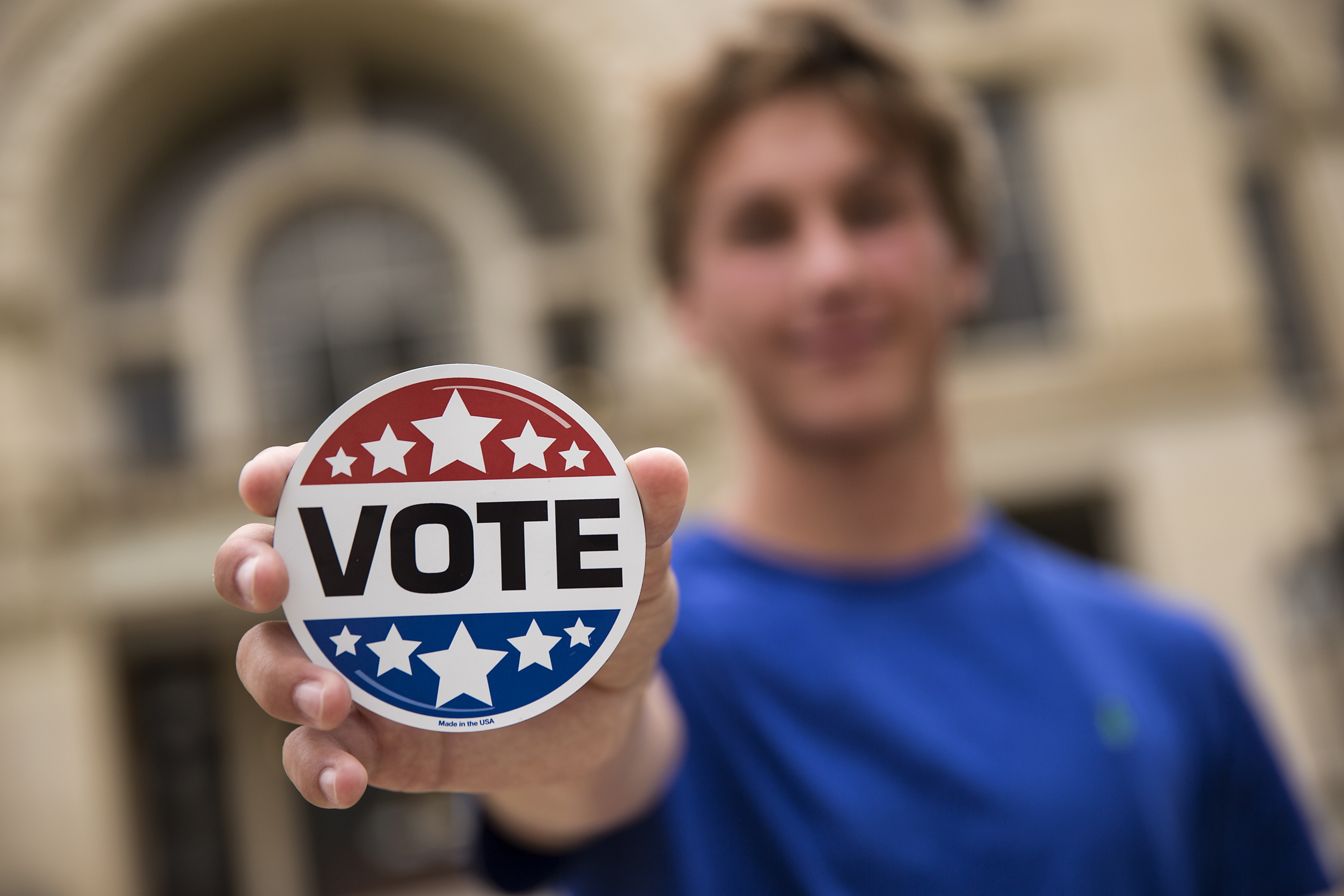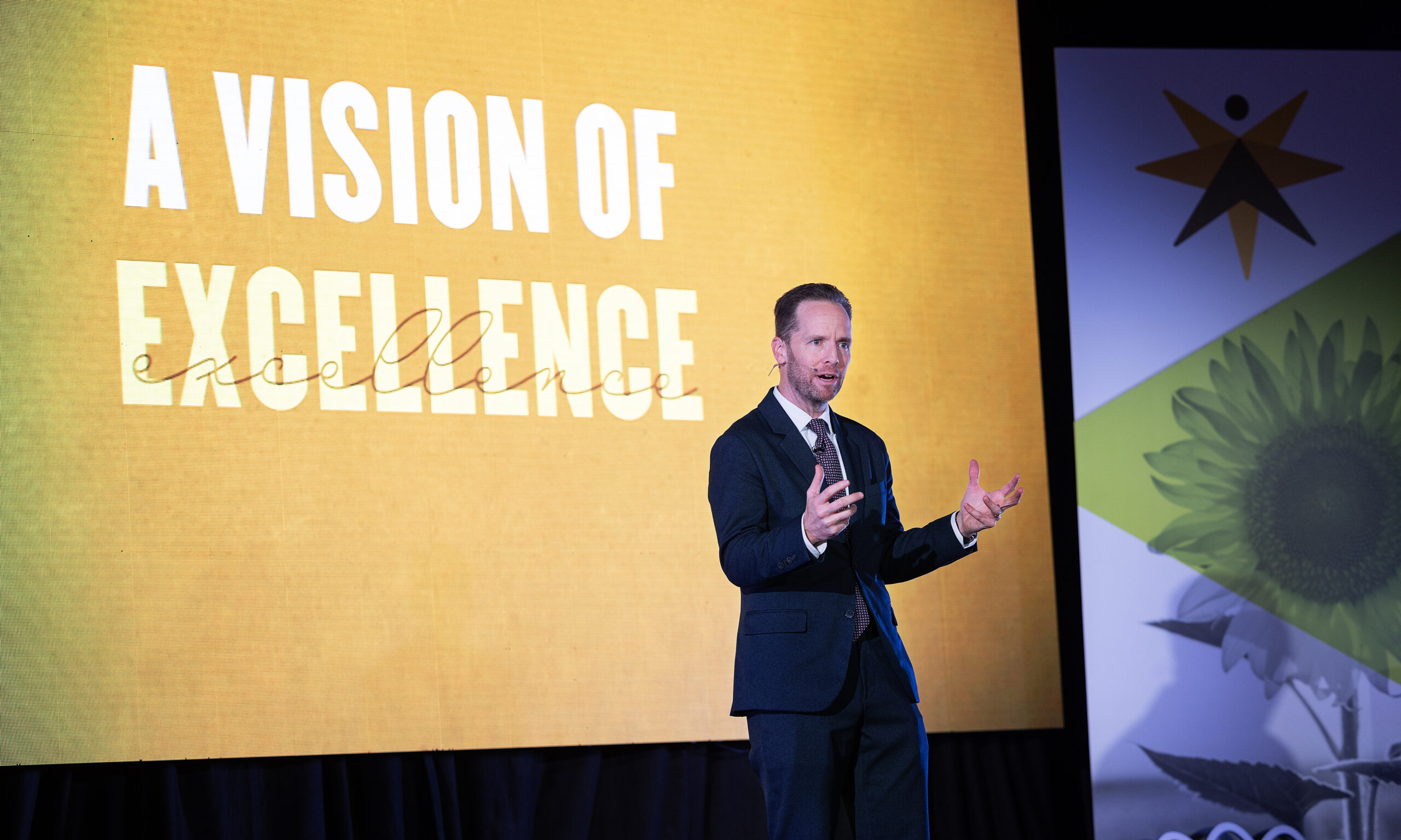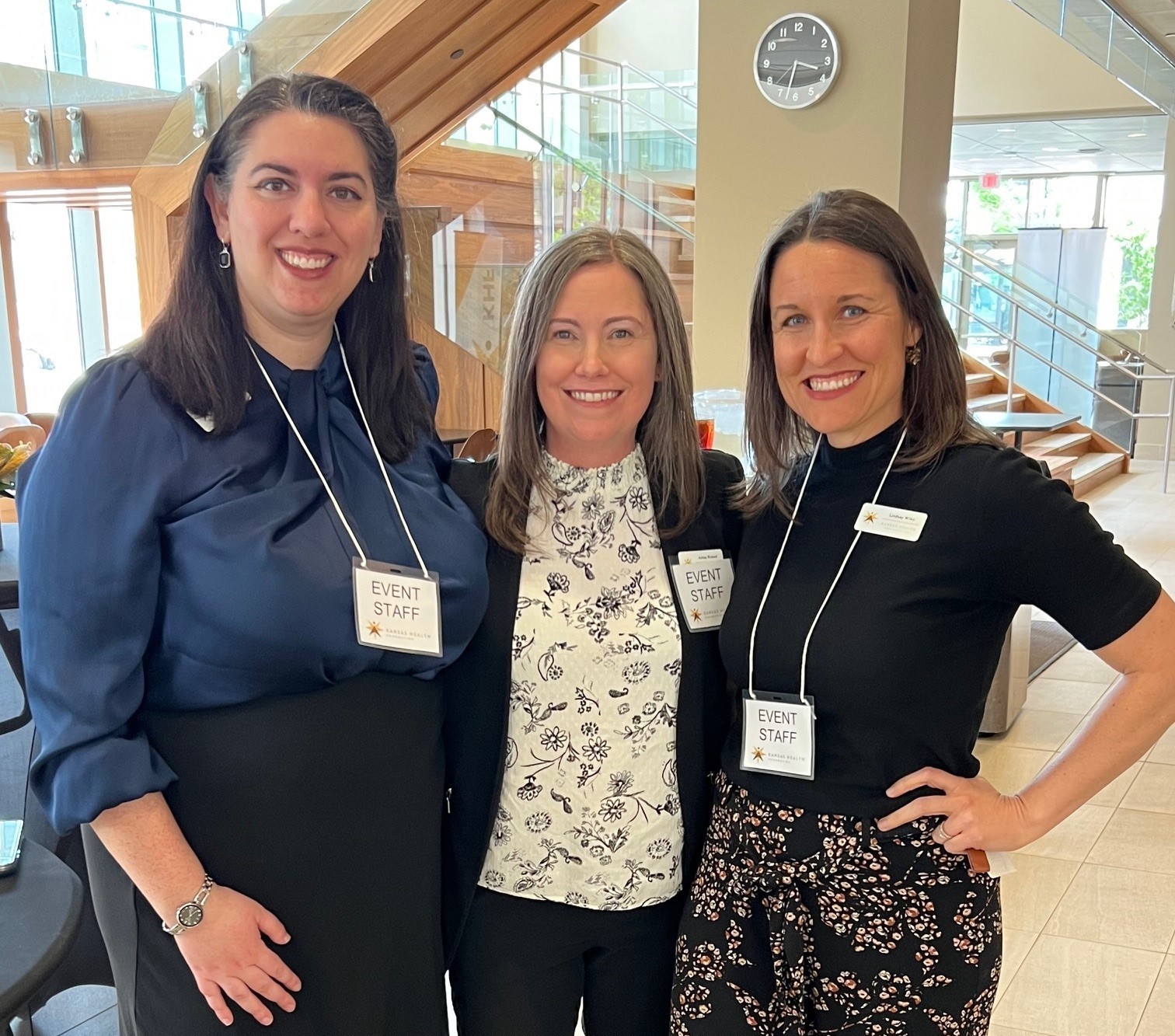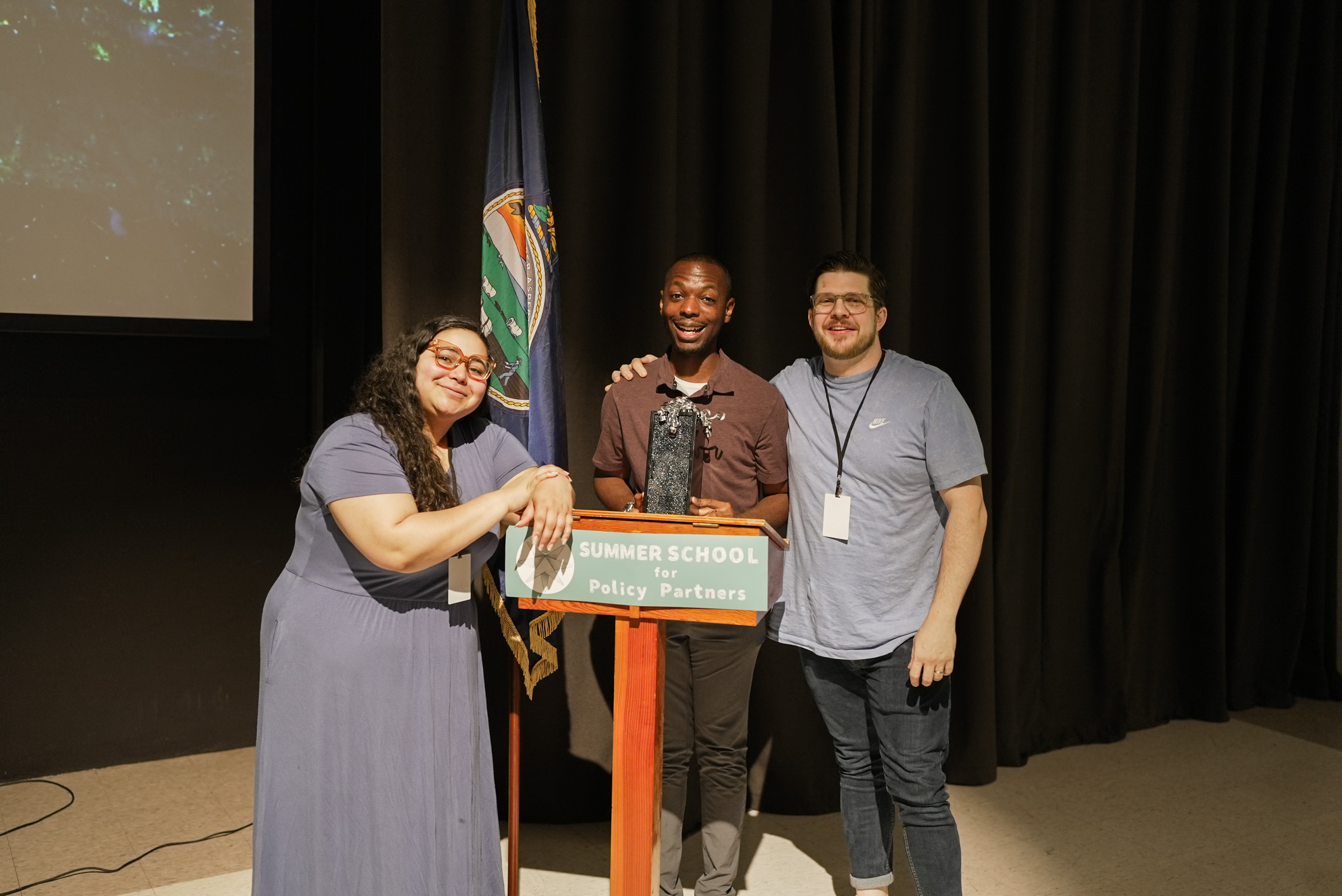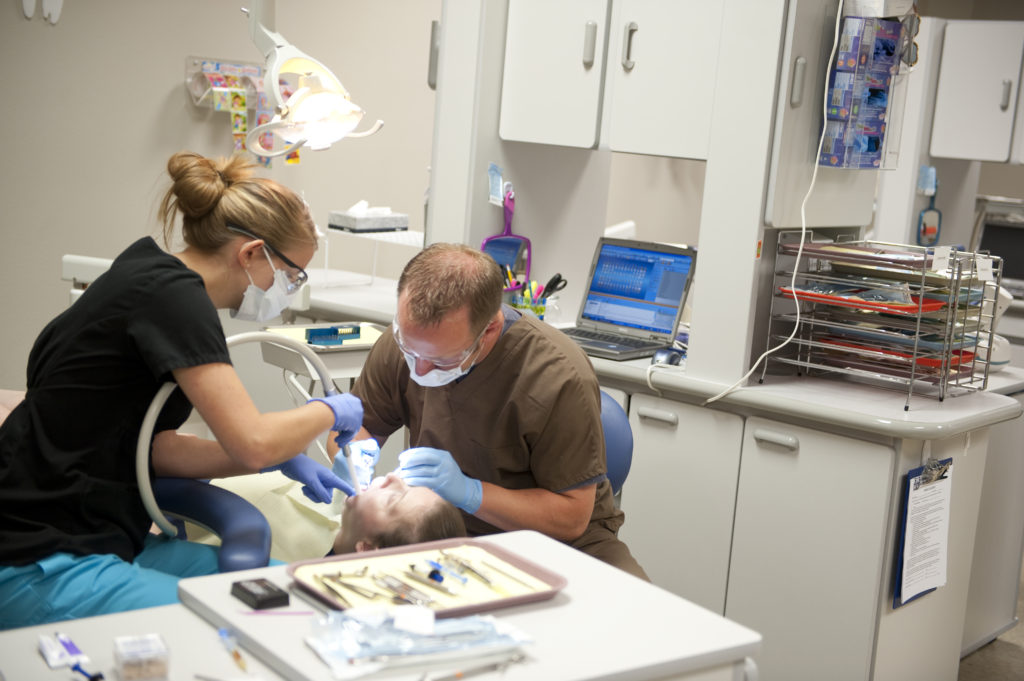It’s somewhat ironic the legislative hearing for the Kansas Dental Project fell on Feb. 14, one of the biggest candy holidays of the year. But, 50 dental professionals and organizations spoke in support of HB 2139, and the need for increased access to dental and oral health care, especially in rural and under-served areas of the state.
The Kansas Dental Project has advocated for a new mid-level dental provider, “dental therapists,” to help fill the gap in dental care in the state – 83 percent of Kansas counties do not have enough dental providers. Dental therapists would work under the supervision of dentists to provide limited dental procedures, including cleanings, fillings and simple extractions. By adding dental therapists to the dental team, more Kansans would have access to affordable oral health care.
The reduction in Medicaid reimbursement rates in Kansas has also limited dental access for low-income Kansans. Today, only 1 in 4 dentists will accept Medicaid patients, which results in untreated dental problems for many Kansans. Tooth decay is the number one chronic childhood illness, and hospital emergency rooms in Kansas are seeing more patients for “dental pain.” These issues could be addressed by allowing the dental therapy professional to provide the routine, preventative care in dental offices and safety net clinics.
The support for HB 2139 was strong from private dentists, dental hygienists, safety net clinics and organizations that serve at-risk populations. Dr. Lisa Thurlow, a dentist in Prairie Village, said in her testimony, “I have carefully studied dental therapists and seen them work firsthand. I know they could provide safe, quality care here in Kansas.” Another dentist, Dr. Mollie Day of Heartland Community Health Center in Lawrence said, “Dental therapists will greatly increase the capacity of safety net clinics to provide care.”
In addition, the Kansas Health Foundation, REACH Healthcare Foundation and United Methodist Health Ministry Fund have provided funding and support for the Kansas Dental Project initiative to help address the dental care access crisis.
The Kansas Health Foundation has a history of closing gaps for the state’s health profession shortages with systemic, long-term solutions. For example, in the early 1990s when the state faced a profound shortage of primary care providers, KHF funded a collaborative effort to support the University of Kansas Medical Center (KUMC), Wichita State University (WSU) and Fort Hays State University (FHSU) to implement a multi-site Master of Science Primary Care Nurse Practitioner program. Since this collaborative began, more than 650 nurse practitioners have graduated from the program, and are now serving in 91 Kansas counties.
“The Kansas Health Foundation views the creation of a mid-level dental therapist position in Kansas as an effective way to combat the dental provider shortage,” said Steve Coen, President and CEO. “By establishing dental therapists in Kansas, our state would be utilizing a sustainable, proven solution to improve oral health care for Kansans.”
To learn more about the Kansas Dental Project and to follow the progress of HB 2139, visit www.kansasdental.com or follow the Kansas Dental Project on Facebook.




